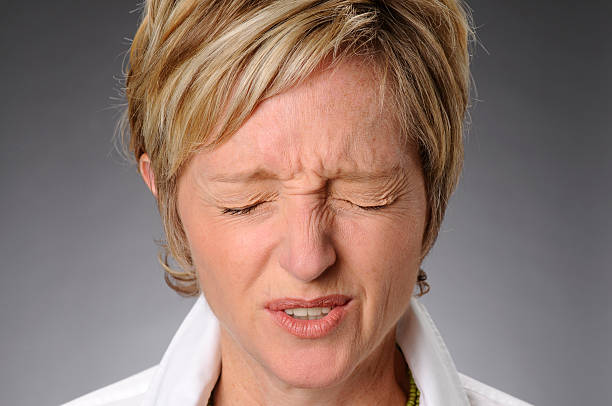Recognizing the Silent Symptoms of Tardive Dyskinesia
Tardive Dyskinesia (TD) is a neurological disorder often characterized by involuntary, repetitive movements that result from prolonged use of antipsychotic medications. These "silent" symptoms can be crucial for early diagnosis and management, offering a better quality of life to those affected.

1. Muscle Stiffness and Rigidity
One often-overlooked symptom of TD is mild muscle stiffness, especially in the limbs and neck. This symptom may initially appear as general discomfort or soreness, making it difficult to identify. Patients might describe feeling tense or stiff, and family members may notice a reduction in fluidity of movement. Unlike overt tremors, stiffness is not always visible, but it can significantly impact daily activities.
2. Internal Restlessness (Akathisia)
Akathisia, a sense of inner restlessness, is common in people with TD but is rarely recognized as part of the disorder. Those affected might feel an uncontrollable urge to move but may suppress these movements in certain social settings, leading to an internal struggle that goes unnoticed. This can contribute to feelings of anxiety and frustration, as well as sleep disturbances due to the inability to relax fully.
3. Subtle Eye and Facial Movements
TD frequently affects facial muscles, leading to small, almost undetectable tics. These can manifest as minor twitching around the eyes, eyebrow movements, or slight grimacing. While family and friends may not notice these changes immediately, patients may experience them as an uncontrollable facial muscle activity, often triggered by stress or fatigue. These tiny movements are less dramatic than full-fledged tics but can still cause discomfort and self-consciousness.
4. Swallowing Difficulties
Another silent symptom is difficulty swallowing or a feeling of throat constriction. Known as dysphagia, this symptom might manifest as frequent throat clearing, coughing while eating, or feeling that food gets "stuck." This can sometimes be mistaken for a mild cold or sore throat, yet it can interfere with normal eating patterns over time, potentially leading to nutritional concerns.
5. Postural Instability and Balance Issues
Patients with TD may begin to experience minor postural issues, which are subtle but can lead to more noticeable balance problems. This might present as a tendency to sway or a feeling of instability while walking or standing. Often mistaken for age-related issues or medication side effects, these balance concerns can limit physical activity and increase fall risks.
6. Hand Tremors or Finger Movements
Involuntary hand and finger movements may start subtly, like small, repetitive motions of the fingers or a gentle tremor in the hands. Patients may try to mask these movements by keeping their hands occupied, holding objects, or hiding their hands in their pockets. While these tremors may not be immediately evident, they can become more pronounced over time.
7. Jaw Clenching and Teeth Grinding
Often mistaken for stress-related bruxism, jaw clenching or teeth grinding can be an early symptom of TD. Patients may wake up with jaw pain, headaches, or a sense of tension in the jaw area. If untreated, this can lead to dental issues and exacerbate facial discomfort, as well as contribute to TMJ disorders.
Conclusion: The Importance of Early Detection
Recognizing these silent symptoms can be key to managing Tardive Dyskinesia early, especially for those on long-term antipsychotic medication. If you or a loved one notices any of these subtle signs, it may be beneficial to speak with a healthcare provider about screening for TD. By catching these signs early, patients can work with their healthcare team to develop a management plan, potentially including medication adjustments or therapeutic interventions that can help alleviate symptoms and prevent progression.